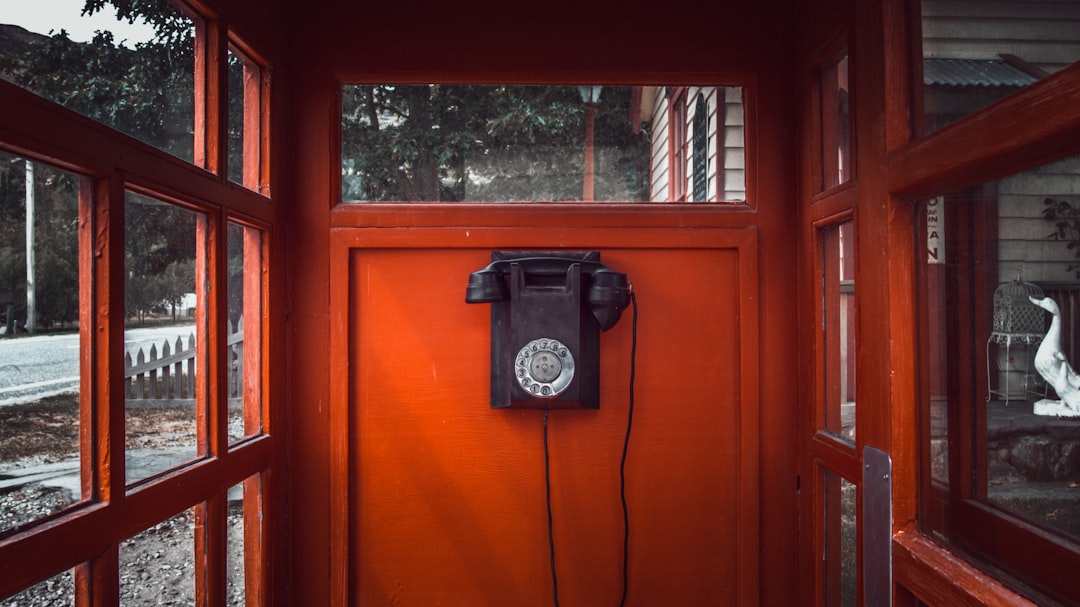Alabamans can combat spam calls by educating themselves about tactics, blocking unknown numbers, using call-blocking apps, registering on Do Not Call lists, and reporting suspicious calls. Combining these strategies with cautious data sharing and privacy settings helps reduce unwanted calls from local and international sources. Understanding legal rights and reporting spam to regulatory bodies further empowers consumers to stop and prevent future intrusions, ensuring a safer digital environment.
Spam calls are a persistent nuisance in urban Alabama, with unwanted messages flooding residents’ phones daily. Understanding the landscape of these intrusions is crucial to combating them effectively. This article delves into the common sources of spam calls targeting Alabama communities, offering practical tips on data protection and legal rights. We explore how individual efforts and community collaboration can revolutionize how we handle these relentless calls, providing a roadmap to a quieter, more peaceful future, free from unwanted intrusions in the form of spam calls. Learn how to stop spam calls in Alabama today.
Understanding Alabama's Spam Call Landscape

In Alabama, the landscape of spam calls has become an increasingly pervasive issue, particularly in urban areas where a dense population offers a fertile ground for telemarketers and scammers. These unwanted calls can range from pre-recorded messages promoting products or services to fraudulent attempts at stealing personal information. Understanding the dynamics of this problem is the first step towards combating it effectively.
Urban Alabama residents often find themselves on the receiving end of these nuisance calls, which can lead to a sense of frustration and safety concerns. To stop spam calls in Alabama, individuals must be equipped with knowledge about common tactics used by spammers and learn how to protect their personal information. By staying informed and implementing strategies like blocking unknown numbers, using call-blocking apps, and registering on the Do Not Call list, Alabama’s urban dwellers can reclaim control over their communication channels.
Common Sources of Unwanted Phone Calls

Unwanted phone calls, often referred to as spam calls, are a common nuisance in Alabama’s urban centers, with various sources contributing to this issue. These calls can be from telemarketers, scam artists, or even automated systems designed for mass marketing. One of the primary ways these calls proliferate is through stolen or spoofed numbers, making it appear as if they originate from local areas codes, thus evading traditional blocking methods.
Additionally, many spam calls come from international locations where regulations are less stringent, allowing call centers to operate with minimal oversight. How to stop spam calls Alabama? It starts with education and the adoption of tools that can automatically block or filter such calls. Utilizing trusted call-blocking apps and features offered by phone carriers is a proactive step. Reporting suspected spam calls to regulatory bodies and using Do Not Call registries are also effective strategies in combating this growing problem.
Protecting Your Data: Security Measures

Protecting your data is a crucial aspect of combating spam calls, and several security measures can help keep your personal information safe. One effective method is to be cautious about sharing your contact details. Be mindful of the websites or organizations you provide your phone number to, ensuring only trusted entities have access. Regularly review and update privacy settings on your communication devices, limiting the visibility of your contact information.
Additionally, consider using call blocking apps or features offered by your service provider. These tools allow you to identify and block unwanted calls from known spam sources, significantly reducing the volume of unsolicited messages. How to stop spam calls Alabama residents ask? By implementing these security measures, individuals can regain control over their communication channels and ensure a quieter, safer digital environment.
Legal Rights and Reporting Options

In Alabama, as in many places across the nation, spam calls are a persistent problem. However, consumers have legal rights and reporting options available to combat this issue. The first step is to understand what constitutes a spam call—unwanted or unsolicited phone calls promoting goods, services, or investments—and knowing your rights under state and federal laws.
To stop spam calls in Alabama, you can take several actions. Report the calls to both state and national authorities, such as the Federal Trade Commission (FTC) and the Alabama Attorney General’s Office. Many telephone companies also offer tools to block and report spam calls. Additionally, consider registering your number on the National Do Not Call Registry, which can help prevent future unwanted calls.
Community Effort: Combating Together

In the fight against spam calls, Alabama’s urban communities play a vital role. By fostering a collective effort, folks can make significant strides in mitigating this nuisance. Encouraging open dialogue and sharing strategies on how to stop spam calls Alabama becomes a powerful tool. Community members can pool their knowledge, collectively identifying patterns and trends, and developing effective countermeasures.
Organizing local workshops or awareness campaigns can educate residents on blocking and reporting spam calls. Such initiatives empower the community to take proactive measures, creating a safer and more peaceful urban environment. Together, Alabamans can revolutionize the way they handle these unwanted intrusions, ensuring their peace of mind.






